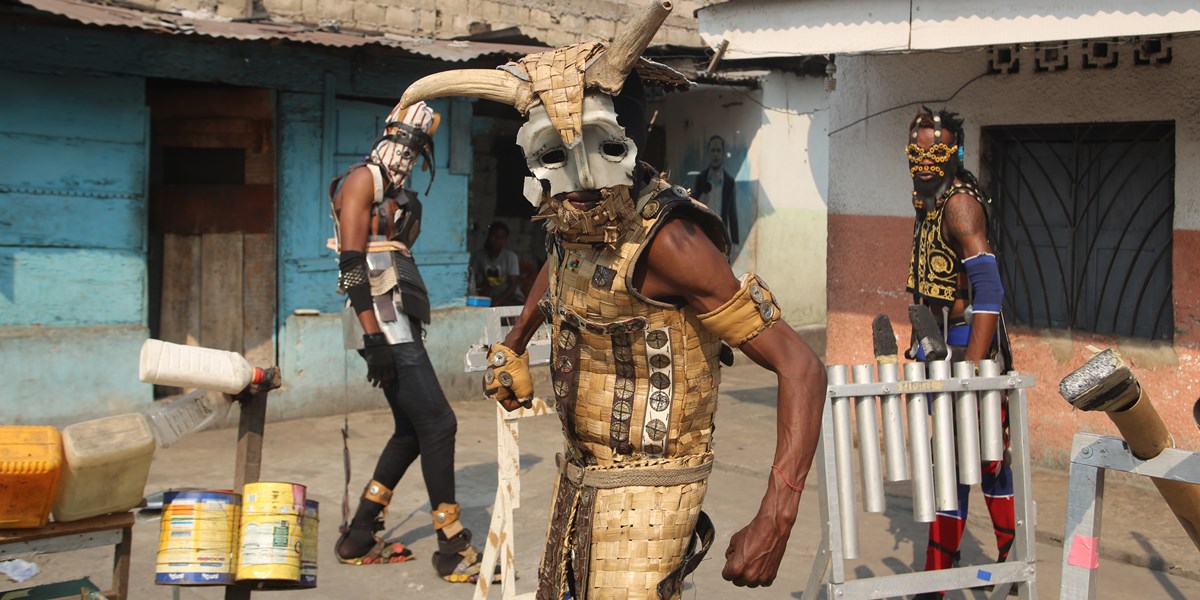Tuesday, October 25, 2022
My Instrument: Fulu Miziki and their ‘garbage music’
By Daniel Brown
Daniel Brown catches up with the band fashioning unique instruments from the rubbish heaps of Kinshasa’s Ngwaka neighbourhood

©Zizuke

Register now to continue reading

Thanks for visiting the Songlines website, your guide to an extraordinary world of music and culture. Sign up for a free account now to enjoy:
- Free access to 2 subscriber-only articles and album reviews every month
- Unlimited access to our news and awards pages
- Our regular email newsletters

